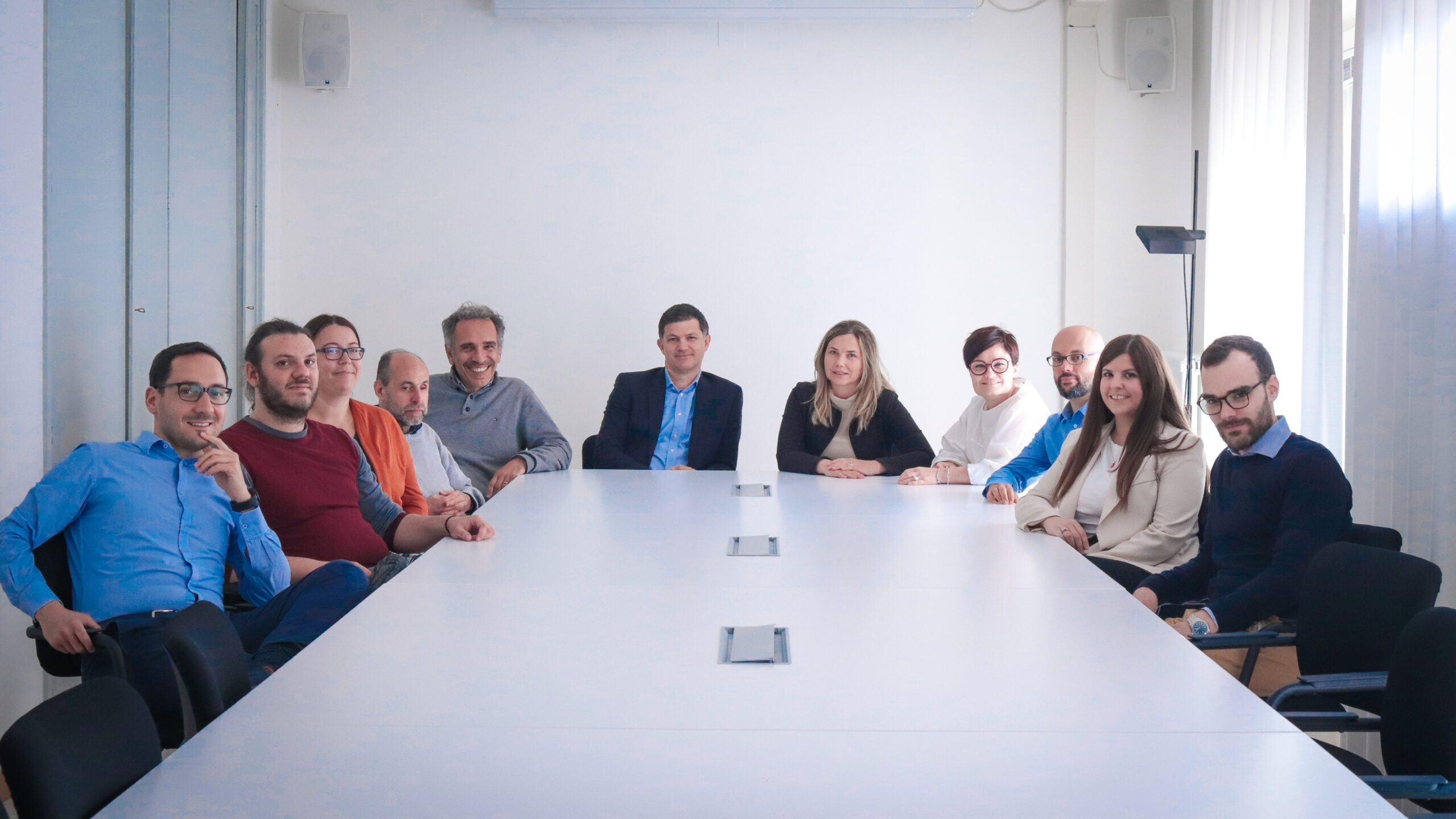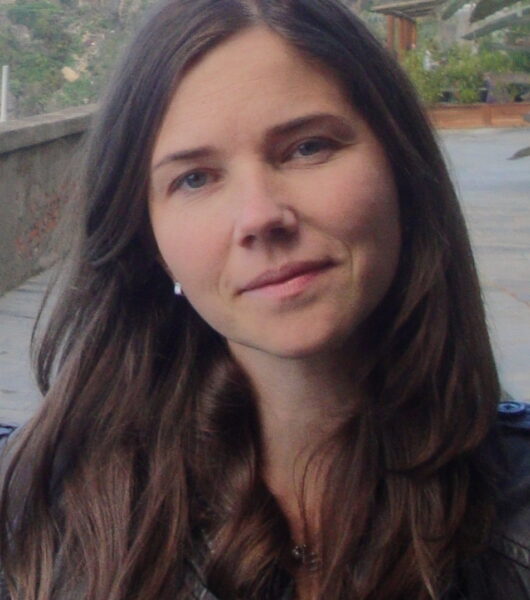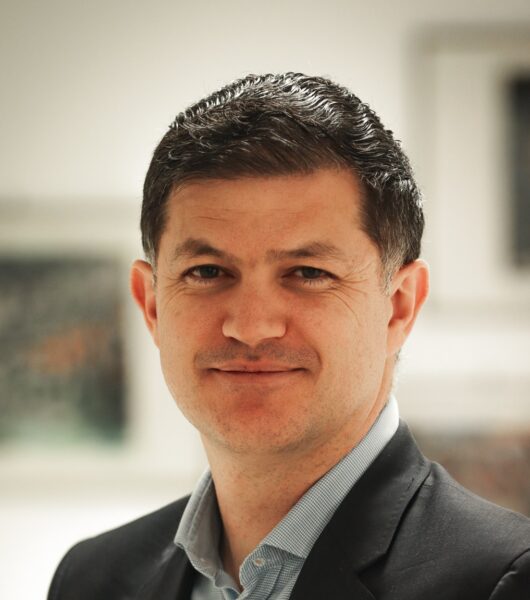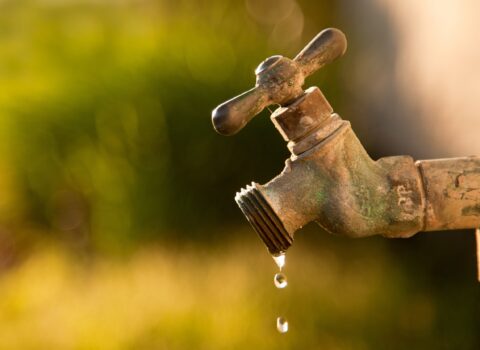
The Ministry of University and Research has awarded €994,000 in funding to the FBK-IRVAPP project dedicated to supporting inland mountain areas in Trentino
The study will evaluate the effects of public policies designed to support families and businesses in the most vulnerable areas, serving as a national model for 900 mountain municipalities
Fondazione Bruno Kessler’s Institute for Evaluative Research on Public Policies (FBK-IRVAPP) has secured €994,000 in funding from the Ministry of University and Research’s Fund for Research in the Economic and Social Field. The grant will support a project focused on mountainous inland areas—regions whose unique characteristics are often overlooked in national economic analyses.
Launching in June and running for two years, the IMPACT project aims to assess the effectiveness of public support measures for families and businesses in the most vulnerable areas. It will also explore the social innovation mechanisms that emerge in response to crisis situations, such as those seen during the recent pandemic.
Thanks to the collaboration with the Autonomous Province of Trento, Trentino will serve as a testing ground for the development and validation of advanced microsimulation models, leveraging administrative data on the region’s population and businesses. Using the Trentino area as a case study, the analysis will then be expanded to cover approximately 900 mountain municipalities across the country.
“This project,” emphasized Mirco Tonin, Director of FBK-IRVAPP, “ will help provide answers to important questions concerning mountainous inland areas by combining different methodologies. It will contribute both to the scientific debate and to the development of effective policy interventions. FBK-IRVAPP reaffirms its role as a key reference point for public policy evaluation in Italy, with a particular focus on vulnerable populations and the production of robust scientific evidence to support public decision-making.”
“Through an interdisciplinary and integrated approach,” explains FBK-IRVAPP researcher Sonia Marzadro, “the project will combine microsimulation models, macroeconomic models, and participatory tools. This will enhance the overall understanding of the unique context of inland mountain areas, while also involving close collaboration with local communities.”
FBK-IRVAPP is a multidisciplinary research team comprising economists, sociologists, and statisticians. It conducts evaluative research on public policies and intervention programs designed to improve people’s living conditions. The Center primarily focuses on policies and programs related to education and training, initiatives to combat poverty and social exclusion, as well as active and passive labor and industrial policies.







